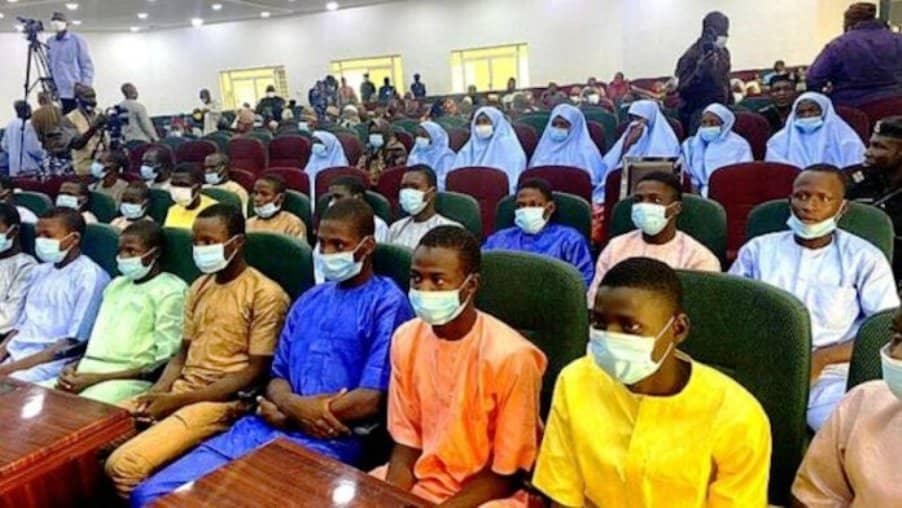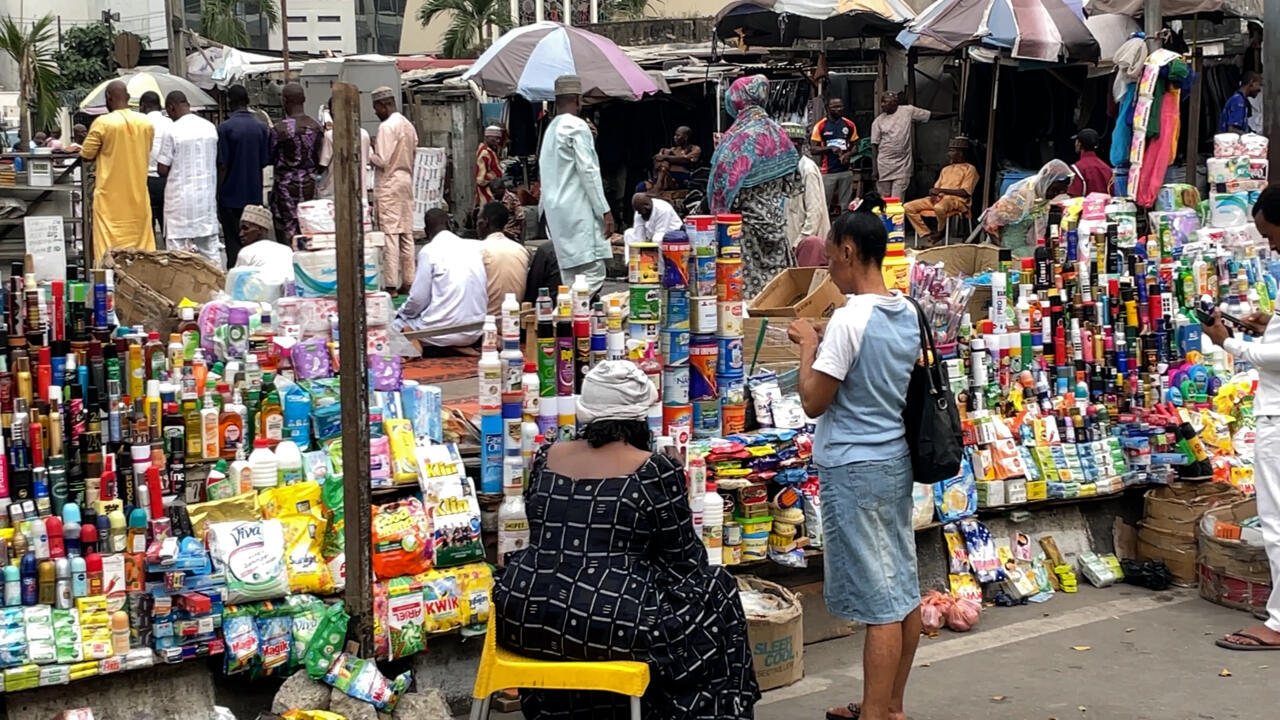2021 has been an especially dangerous year for Nigerians.
The increase in criminal activities over the last three years has worsened with the growing trend of abduction of young people in secondary and tertiary institutions.
There are many categories of soft targets but so far, none seems to be more heart rending than the exploitation of the protective instincts of parents by criminals through the abduction of their children from their places of learning.
Following the first large scale abduction of school children in Chibok, Borno state in April 2014 and then Dapchi in February in 2018, a floodgate for copycat abductions seemed to have been opened. The template has been applied in different states - especially in the North Western part of the country, most of them in the past 365 days, causing untold emotional trauma to parents.
A BBC report put the figure at 600 between December 2020 and February 2021. After the report further abductions involving students from the Federal College of Forestry Mechanisation and Greenfield University, both in Kaduna state have taken place. Unlike the other forms of kidnap for ransom, targeting students gets wider public attention, panic and desperation from parents and incapacitates security agents ...all of which work in favor of the criminals.
Any parent will be agitated if their child is the victim of a kidnap and will certainly not be inclined to be patient with extended negotiations or any government policy against payment of ransoms.
Related Articles
Parents nationwide, and especially in the north are now more apprehensive about sending their children off to school, especially boarding houses. On Thursday, May 6, 2021, many schools across Abuja shut down after stories of the sighting of suspected bandits in Bwari area council started making the rounds. Schools in Niger, Zamfara, Katsina and Kaduna have at different times had to be shut for extended periods following incidents of actual abductions.
Indeed, the fact that schools are dispersed over a wide expanse of land makes it difficult for the country's over-stretched security agencies to adequately cover every possible target or respond effectively to all distress calls in time to prevent the abductions.
However, education remains one of the most important social services which the state is to enable in its quest to develop the human capital required for national development and social change. According to the National Education Policy (2013), education is a right of every Nigerian irrespective of gender, social status, religion, color, ethnic background, Providing security that will ensure all Nigerians have safe access to acquire education is therefore non-negotiable.
The criminals have identified this weak spot and will not likely stop exploiting it voluntarily.
It is government's duty therefore to ensure the restoration of a social environment that keeps learning, safe. There is need to totally eliminate the incidences of abductions. This is non-negotiable. The strategy must be proactive rather than reactive because once the abductions succeed, the criminals at that point literally have everyone " by the balls".
Security agents need to hasten plans to develop and deploy safety protocols and compel compliance by all institutions. Early warning systems that trigger efficient, rapid response teams must be implemented without delay. Sensitisation and awareness campaigns among local populations to mobilise and get their support as critical information sources within the early warning systems must be carried out.








